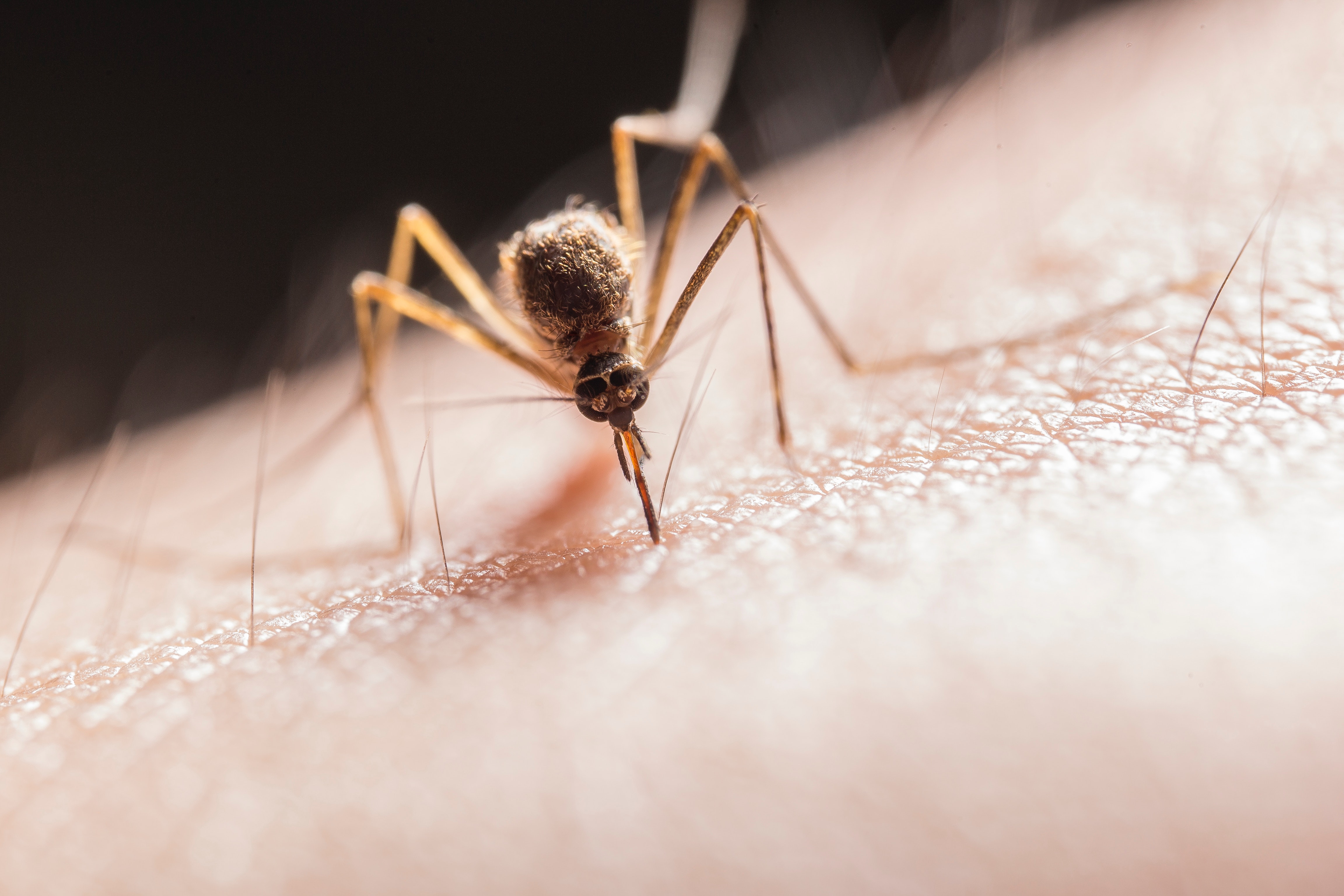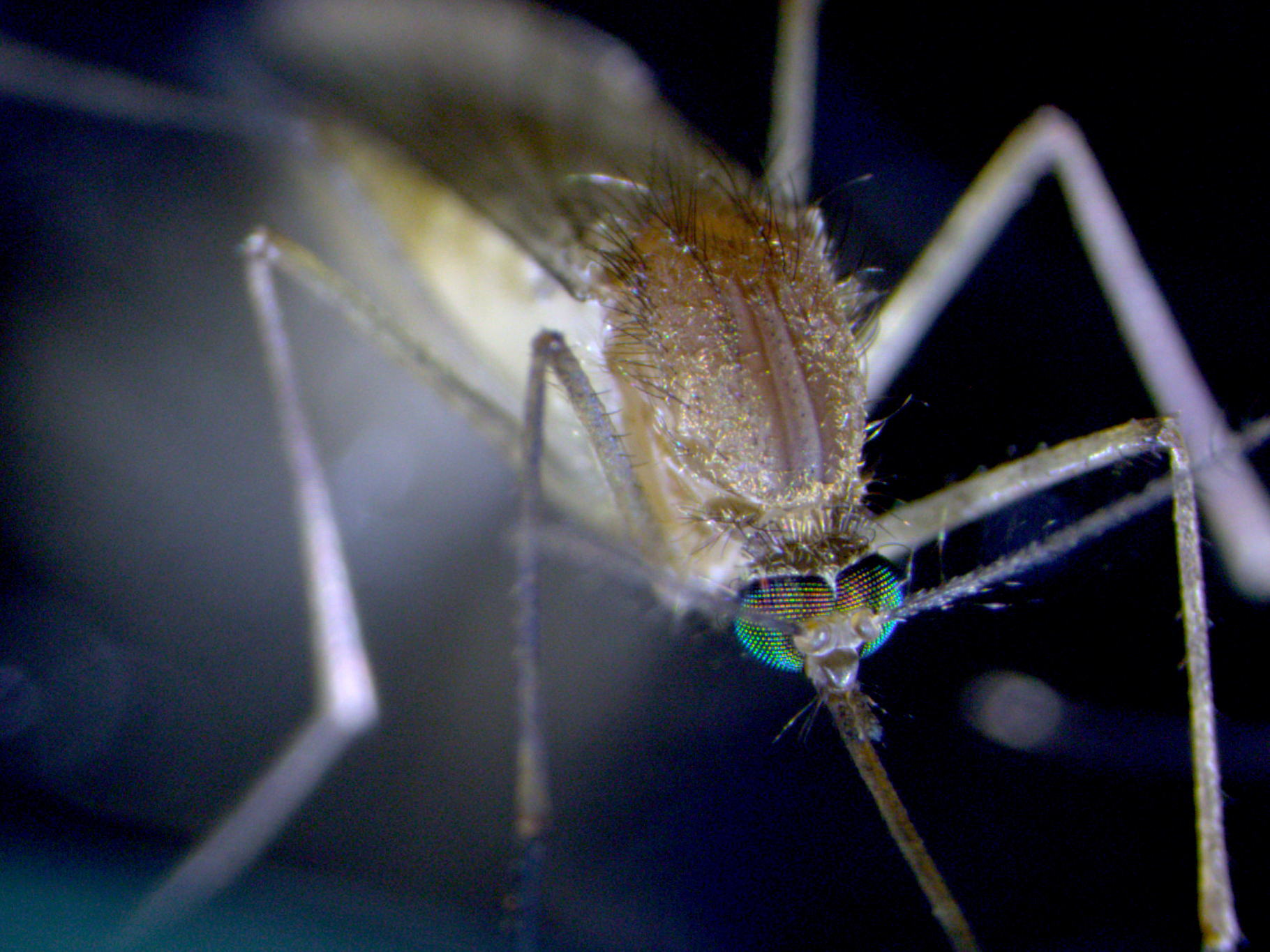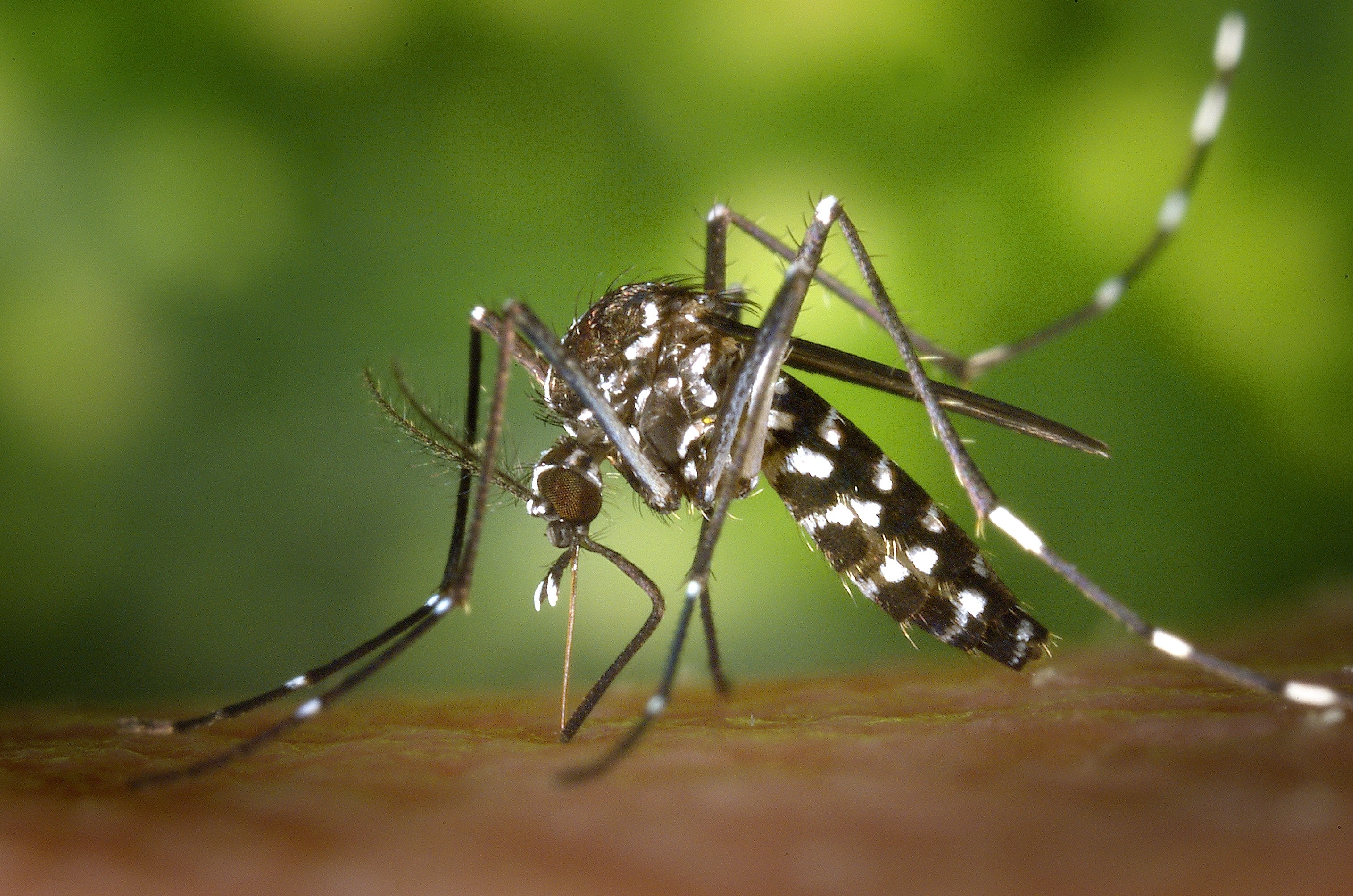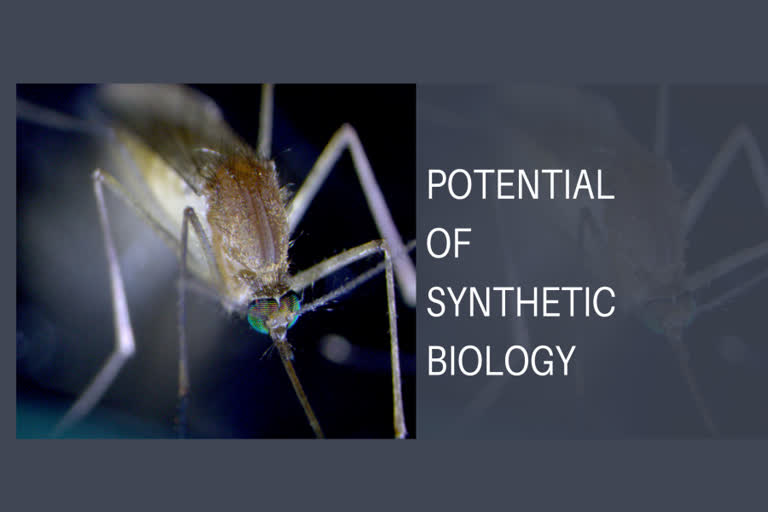CSIRO, Australia: CSIRO's 'National Baseline Survey of Attitudes Towards Synthetic Biology' captured the views of 8037 Australians to gain insight into community perspectives on future synthetic biology-based solutions being developed by research teams at CSIRO.

CSIRO project lead Dr Aditi Mankad said synthetic biology had a diverse range of applications and it was important the developing technologies are informed by societal views.
"Synthetic biology can help researchers develop novel tools to address many national challenges. But scientists and other stakeholders know very little about how Australians feel towards the novel genetic solutions offered by synthetic biology," Dr Mankad said.
The Australian-first survey aimed to better understand attitudes and beliefs on future synthetic biology solutions for a series of health, industrial and environmental challenges.
It examined the support, perceived risks, and trust people associated with these emerging technologies.
"We found that support for the development of these technologies as potential solutions for significant challenges was moderate to high overall, but support was also conditional on some unique issues for each case study," Dr Mankad said.

One of the case studies examined how CSIRO is using synthetic biology to prevent mosquito-borne diseases such as malaria and dengue fever. Synthetic biology could be used to remove or change genes so mosquitos can no longer carry a particular harmful virus.
Another example was CSIRO's use of synthetic biology to clean up polluted waterways. Bioengineered pseudo-organisms had the potential to detoxify contaminated waterways in a more targeted and thorough way.

"These findings have real implications for how synthetic biology technologies can be further developed with the views of Australians in mind, to address any potential public concerns, support sustainable industries, and realize meaningful impacts for the environment, society, and the economy."
The survey was an important first step in assessing public attitudes to inform the next steps in the design and delivery of future research.
The seven synthetic biology applications being developed by teams at CSIRO and used as examples in the study were:
- Gene marking of male chickens to improve practices in the egg-laying industry
- Changing the properties of natural fibers to reduce pollution generated by synthetic fibers
- Protecting endangered species by increasing species' genetic diversity
- Managing invasive pest species to improve biodiversity
- Reducing pollution in waterways using bio-engineered pseudo-organisms
- Gene editing of disease-susceptible mosquitoes to reduce mosquito-borne diseases
- Genetically engineering resilient coral to restore the Great Barrier Reef.
Also Read: The LOOC-C (Look See) app by CSIRO supports farmers to learn about carbon market options
(CSIRO)



